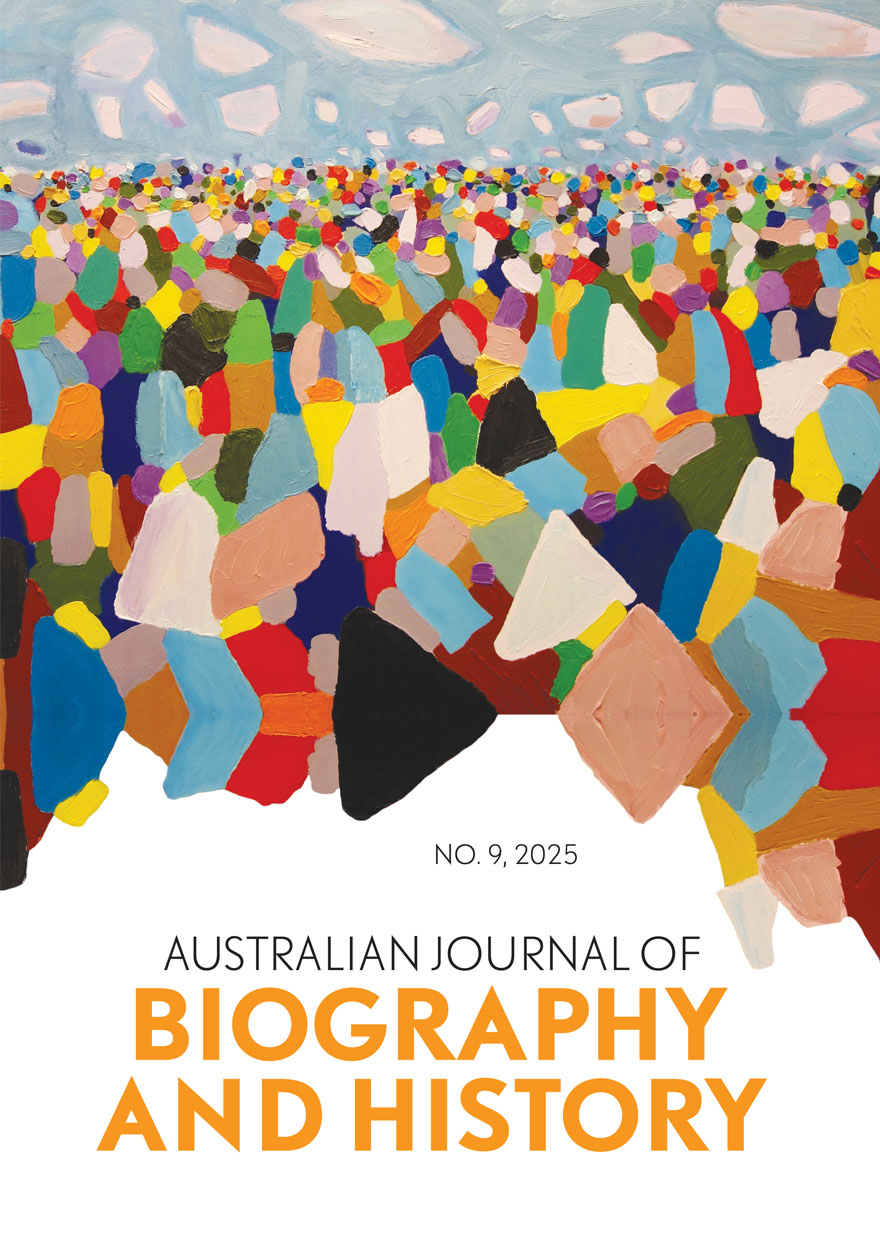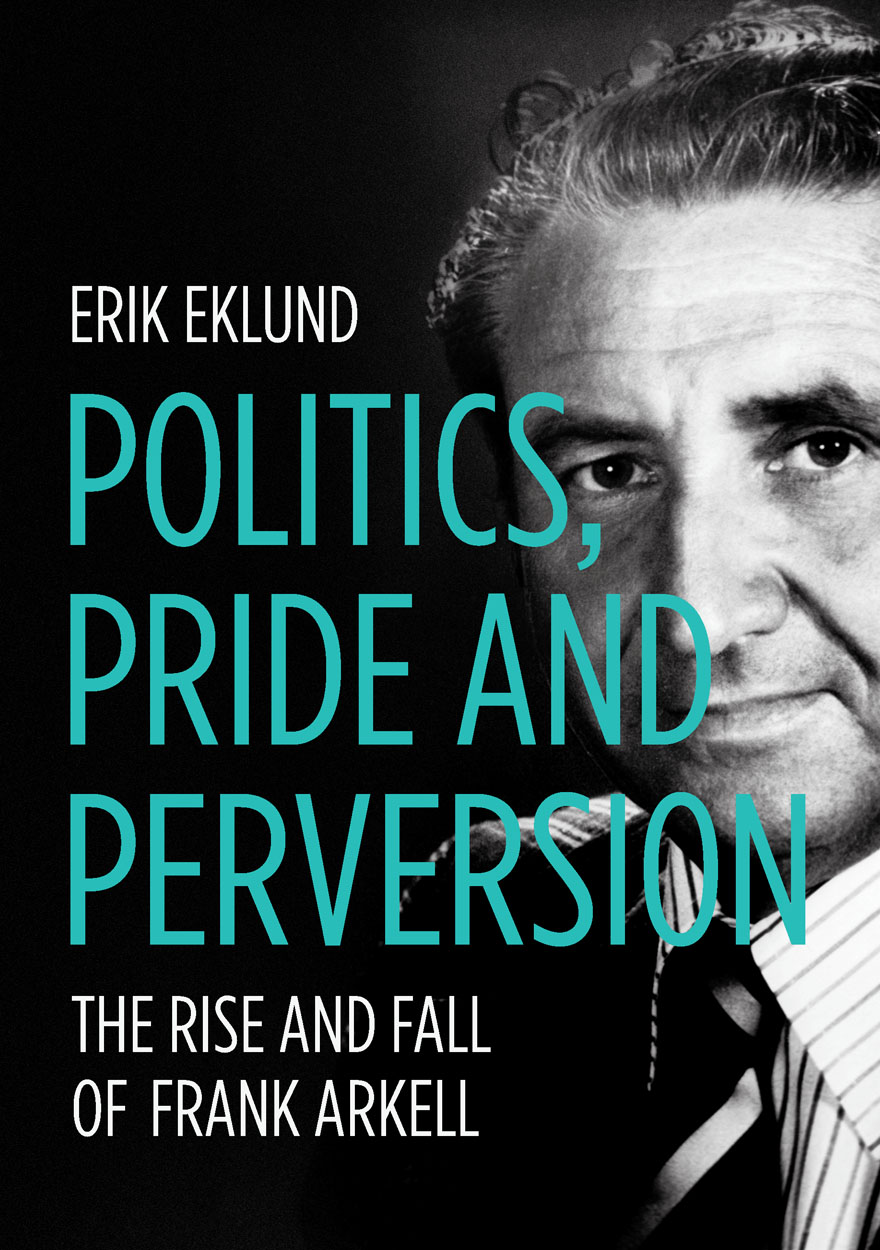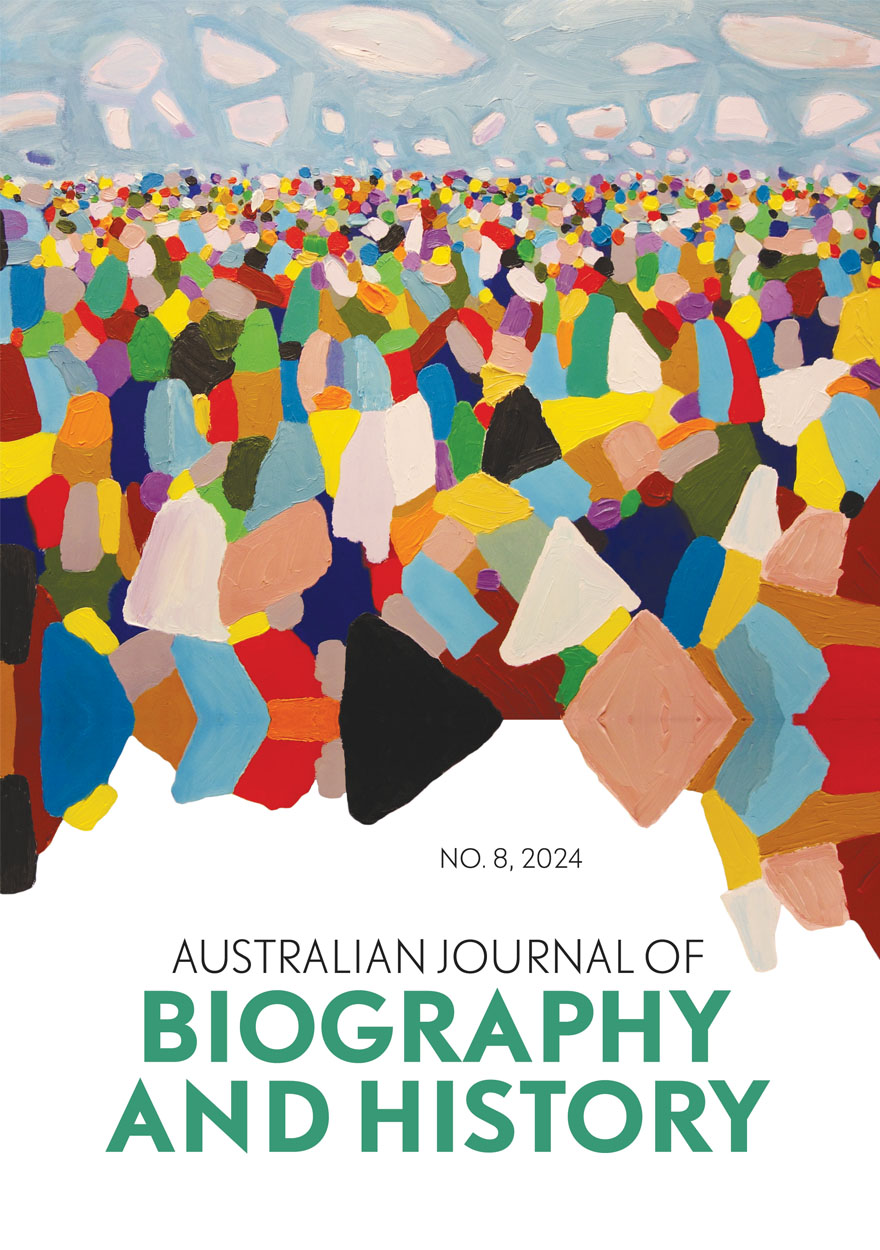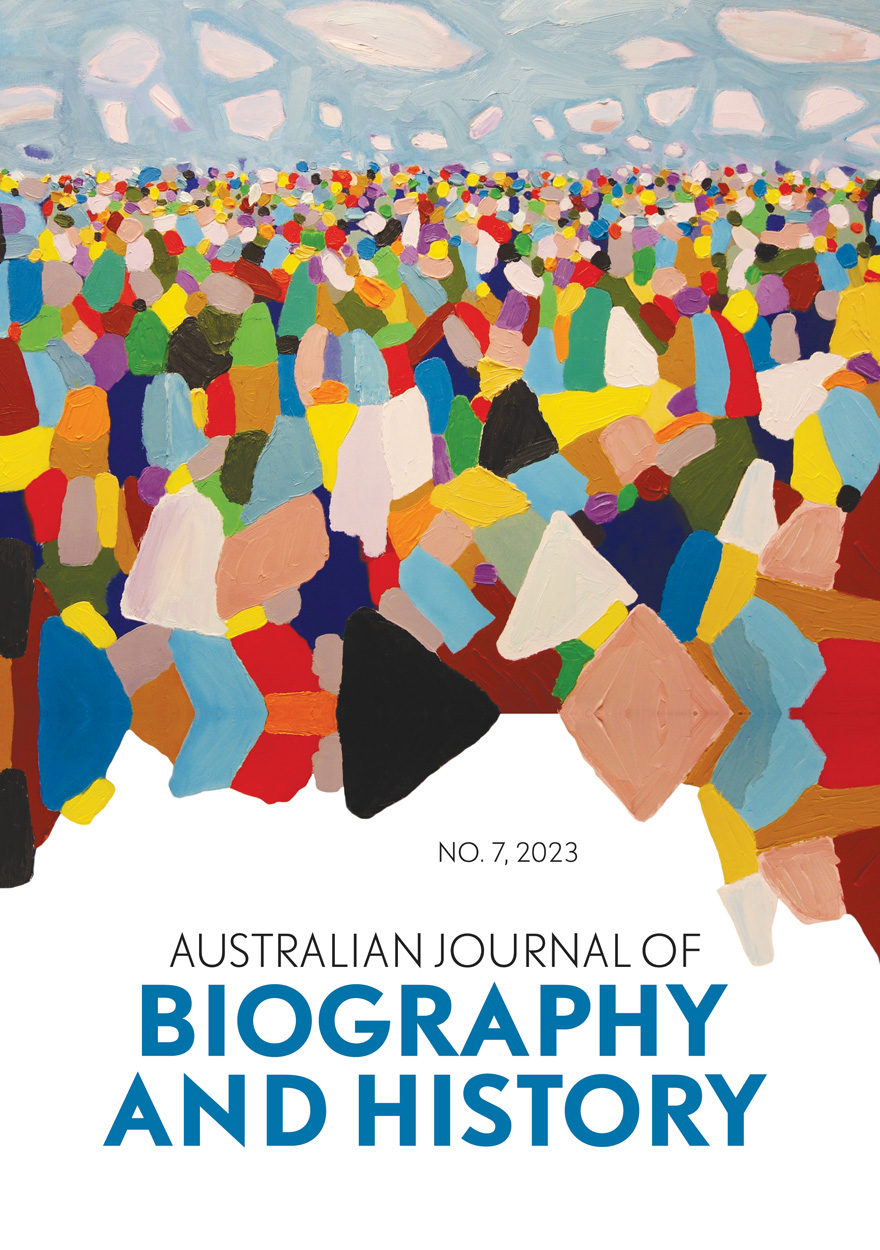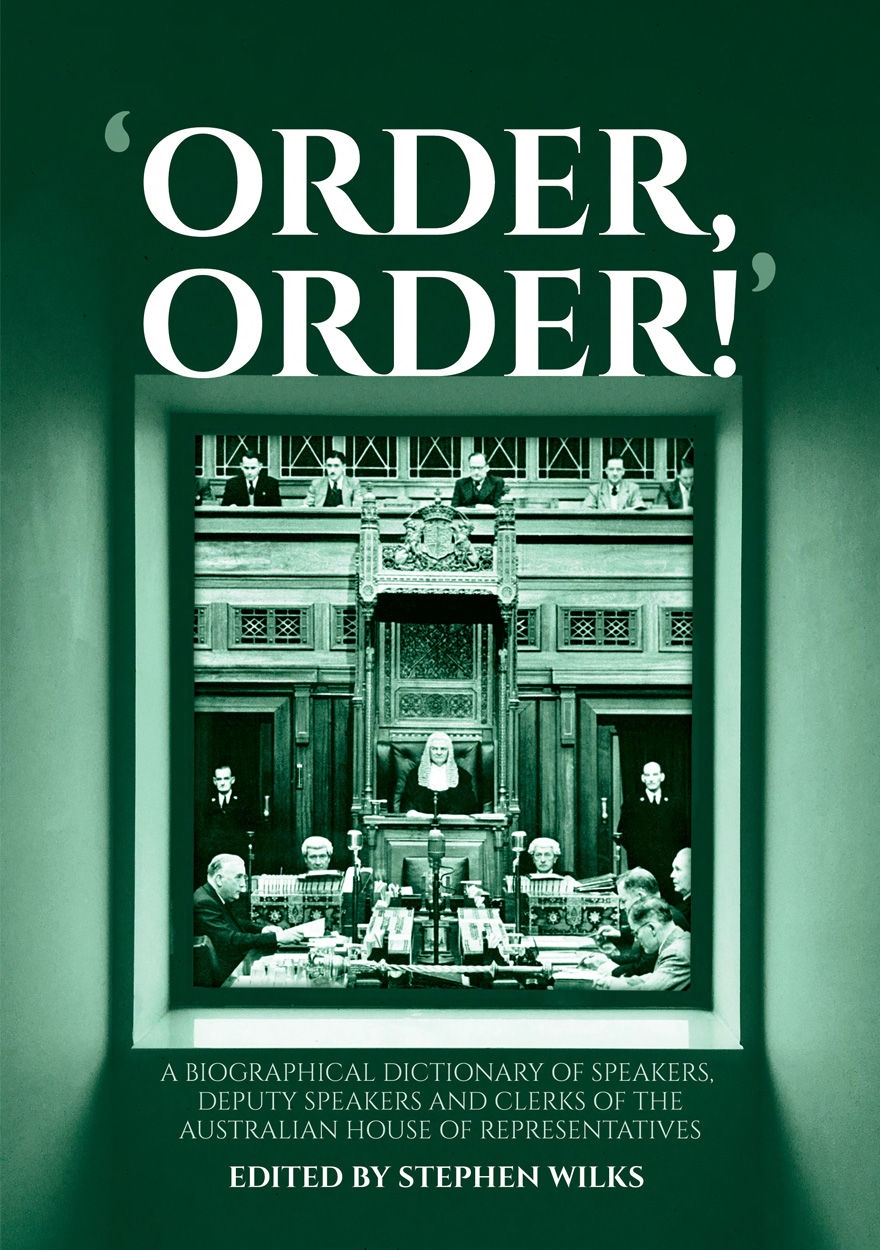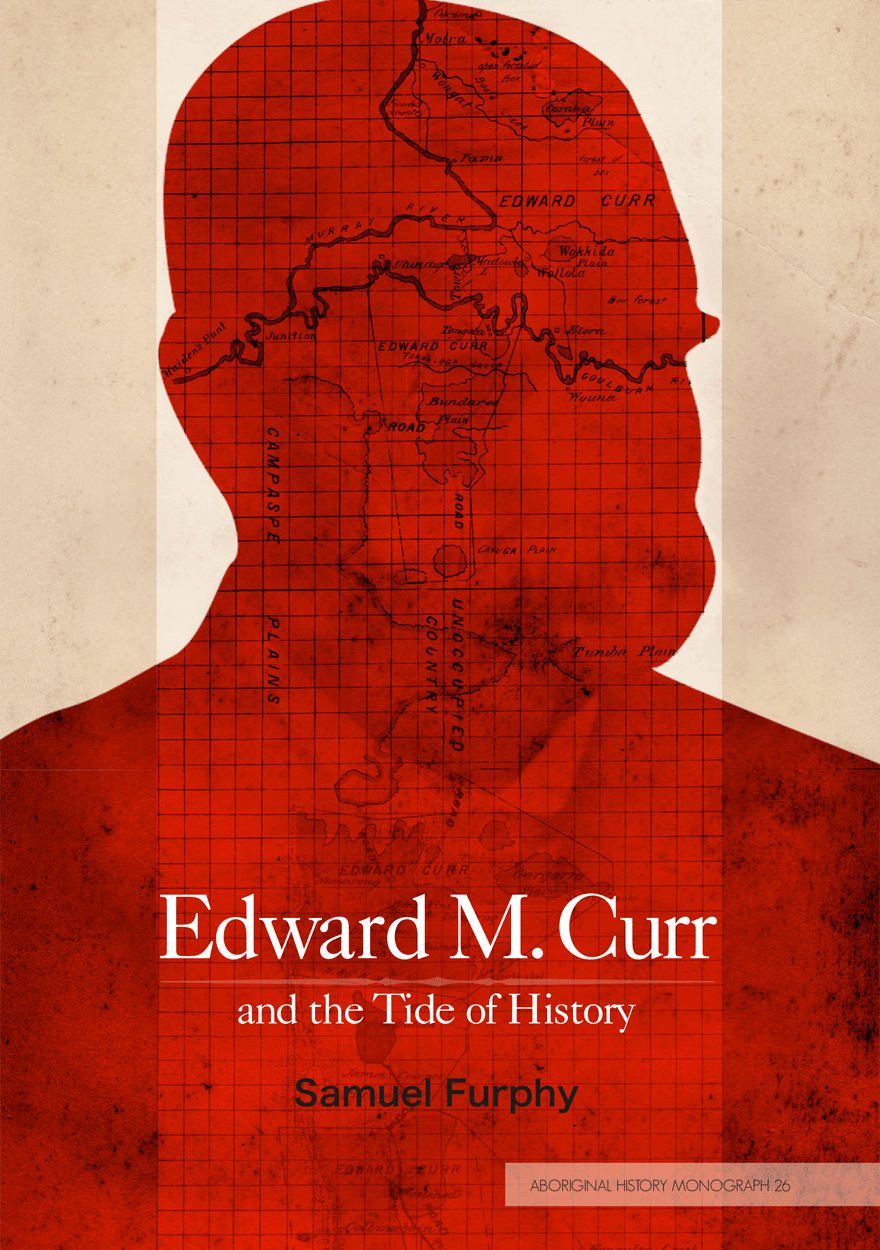
Edward M. Curr and the Tide of History
Authored by: Samuel FurphyPlease read Conditions of use before downloading the formats.
Description
Edward M. Curr (1820–89) was a pastoralist, horse trader, stock inspector, Aboriginal administrator, author and ethnologist. A prominent figure in the history of the Colony of Victoria, he rose to a senior position in the public service and authored several influential books and essays. He is best remembered for his nostalgic memoir, Recollections of Squatting in Victoria (1883), which has become a standard historical source.
This book is the first comprehensive biography of Curr and explores both his life and legacy. In particular, it considers his posthumous influence on the Yorta Yorta native title case (1994–2001), when his written account of the Yorta Yorta ancestors played a key role in the failure of the claim. By exploring Curr’s interactions with Aboriginal people—as a pastoralist and Aboriginal administrator—this book advocates a more nuanced, critical, and historically informed interpretation of Curr’s ethnological writings than was evident in the Yorta Yorta case.
For more information on Aboriginal History Inc. please visit aboriginalhistory.org.au.
Details
- ISBN (print):
- 9781922144706
- ISBN (online):
- 9781922144713
- Publication date:
- Mar 2013
- Note:
- Aboriginal History Monograph 26
- Imprint:
- ANU Press
- DOI:
- http://doi.org/10.22459/ECTH.03.2013
- Series:
- Aboriginal History Monographs
- Co-publisher:
- Aboriginal History
- Disciplines:
- Arts & Humanities: Biography & Autobiography, History; Social Sciences: Indigenous Studies
- Countries:
- Australia
PDF Chapters
Edward M. Curr and the Tide of History »
Please read Conditions of use before downloading the formats.
- Preliminary Pages (PDF, 210KB)
- Acknowledgments (PDF, 65KB)
- Illustrations (PDF, 79KB)
- Prologue: ‘Claim sunk by pen of a swordsman’ (PDF, 839KB)
- From Sheffield to Van Diemen’s Land (PDF, 4.1MB)
- ‘Troubles of a Beginner’ (PDF, 609KB)
- ‘A Station Formed at Tongala’ (PDF, 2.1MB)
- Claiming the Moira (PDF, 1.4MB)
- Decline and Fall (PDF, 1.6MB)
- Rebuilding a Reputation (PDF, 739KB)
- Recollections of Squatting (PDF, 1.6MB)
- ‘The native is a child’ (PDF, 5.3MB)
- The Australian Race (PDF, 1.8MB)
- Ethnographic Rivalries (PDF, 1.9MB)
- ‘My sable neighbours’ (PDF, 625KB)
- The Tide of History (PDF, 929KB)
Reviews
Volume 42 of the Melbourne Historical Journal features a review of Samuel Furphy’s Edward M. Curr and the Tide of History, by Thomas James Rogers. Rogers describes Furphy’s biography of Curr, a nineteenth-century writer, pastoralist and ethnologist, as “an important contribution to the question of whose stories we accept as the history of our land” (p. 272). Rogers recounts Curr’s role in dispossessing Indigenous groups of their land, and explains that, through his writings, Curr has continued to be influential in similar ways—namely the High Court’s rejection of the 2002 Yorta Yorta native title claim.
Rogers finds Edward M. Curr and the Tide of History to be:
an important book in a number of ways. As a chronological biography of Curr, it improves knowledge about him and brings it all together in one easily accessible volume. It continues the study of British Imperial genres of writing, particularly the genre of memoir or recollection … [it] also adds to our understanding of colonial Victorian politics. (pp. 273–274)
(Thomas James Rogers, review of Edward M. Curr and the Tide of History by Samuel Furpy, Melbourne Historical Journal, Volume 42, 2014, pp. 272–276.)
Other publications that may interest you




